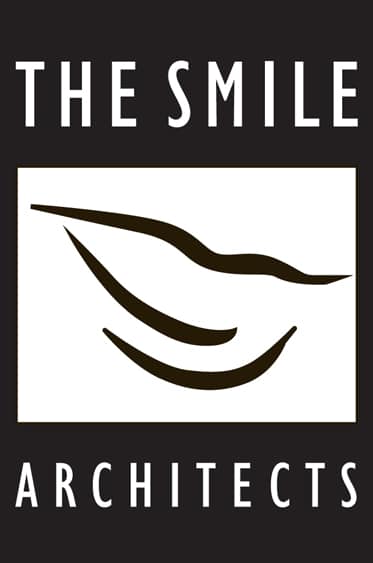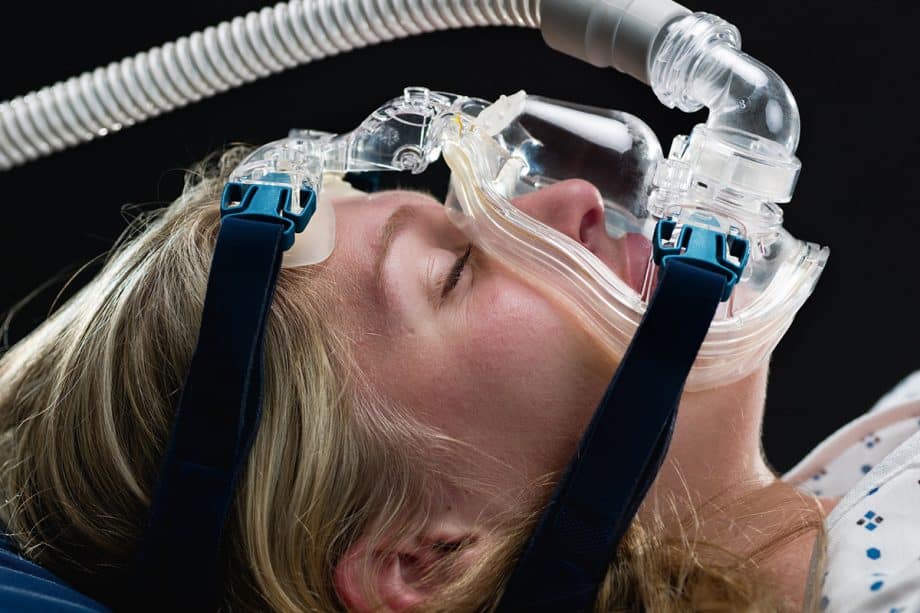Unfortunately, sleep apnea is a common medical issue that a lot of people suffer from. In fact, it can be very dangerous to one's health. However, with the help of an experienced dentist, the signs can be identified and sleep apnea can be treated
How Your Dentist Can Diagnose Sleep Apnea
Weakened Teeth
If a patient's teeth seem worn down or weak, it's possible they are grinding their teeth, which is a symptom of sleep apnea. Sleep apnea can cause individuals to clench down on their jaw as one method to wake themselves up. Gradually, this hard clenching may weaken the enamel on the teeth, resulting in weaker teeth overall. A dentist can thoroughly examine the teeth to determine if the enamel has been worn off.
Small Jaw
Individuals suffering from sleep apnea will also usually have a much smaller jaw. This happens when, over time, jaw clenching keeps occurring, which can cause the jaw to shrink and make it look smaller. Dentists can look at the jaw to determine if a patient might have sleep apnea.
Scalloped Tongue
A tongue with scalloped edges is another sign of sleep apnea in a dental patient. When the airway is obstructed, it's often because of the tongue. The tongue can block airflow, leading to it becoming worn down and oddly shaped. A scalloped tongue often seems like it has waves or ripples in it.
A Red Throat
A primary symptom of sleep apnea is snoring. Since the airway becomes obstructed, the throat often suffers. Chronic snoring may cause a red throat that is inflamed or irritated. The dentist can carefully examine the throat for any redness, inflammation, or swelling.
Frequently Asked Questions About Sleep Apnea
What Are the Warning Signs of Sleep Apnea?
The symptoms of sleep apnea will vary, but these are the most common ones:
- Loud or frequent snoring
- Waking up choking or gasping
- Holding breath while sleeping
- Daytime fatigue or drowsiness
- Insomnia
- Morning dry mouth or sore throat
- Frequent headaches
- Irritability, depression, and mood swings
- Difficulty concentrating on tasks
- Forgetfulness
- Leg swelling
- Weight gain
- GERD (gastroesophageal reflux disease)
- High blood pressure
- Low energy levels
- Loss of interest in sex
Keep in mind that not all sleep apnea patients experience all of these symptoms. You should also note that loud snoring isn't always the result of sleep apnea, and not every person with sleep apnea necessarily snores.
Is Obstructive Sleep Apnea Dangerous?
Sleep apnea has been linked to many health problems, such as heart disease, strokes, high blood pressure, personality changes, impotence, depression and nocturia. One of the most significant symptoms is excessive daytime sleepiness, which can be a problem itself.
Questions about Sleep Apnea Diagnosis and Treatment? Call The Smile Architects Today
Individuals who think they might have sleep apnea should see a qualified general dentist as soon as possible for a complete evaluation. During this appointment, the dentist can check the oral cavity for any warning signs and address their questions and concerns. Reach out today to schedule an appointment or to learn more about sleep apnea and how a dentist can help.
If you have questions about sleep apnea diagnosis and treatment, you aren't alone. Please call our Huntersville, NC, office at 704-875-1621. We can schedule an appointment where our dentists will assess your needs and let you know what they can do to help treat this condition.

